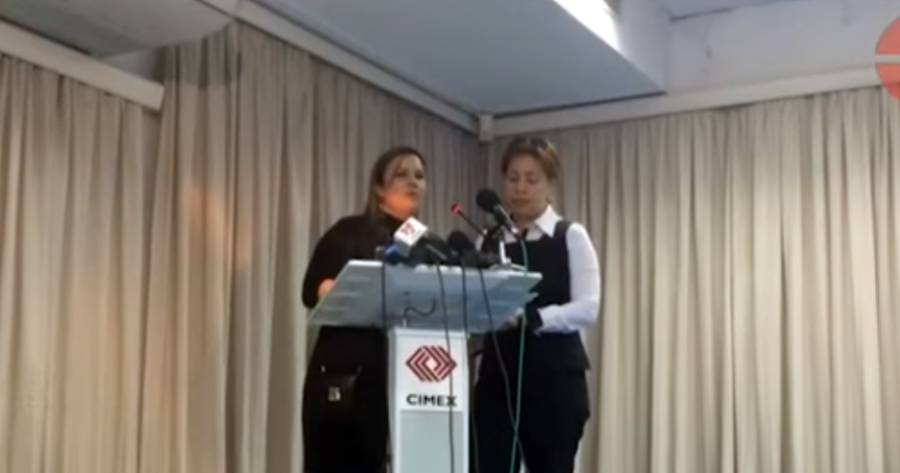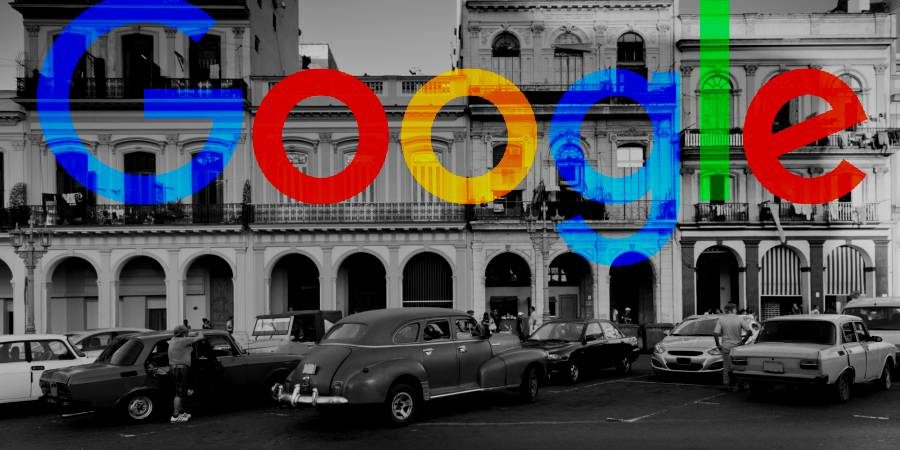Eric Schmidt, Chairman of Alphabet Inc, and Mayra Averich Marin, the President of ETECSA, signed a deal to provide Cuba with faster access to Google products and services like Gmail and YouTube.
The agreement between the island country and the tech giant comes as the latest development in Cuba’s opening to the outside world. The Caribbean nation has only recently started to warm up to nations like the U.S.
Google’s efforts to bring progress to Cuba also follow the death of Fidel Castro just a couple of weeks ago. The communist leader ruled the nation for decades until his brother Raúl Castro assumed command back in 2008.


Cuba will have faster Google, YouTube, and Gmail
The newly signed deal contemplates the expansion of Google’s Global Cache network on Cuban territory to provide faster access to the company’s email service, video platform, and search engine.
Under the agreement, ETECSA approves and oversees the deployment of Google’s network to gain cache autonomy, rather than relying on Venezuelan servers like they did until now.
Google services, then, will suffer a dramatic improvement in quality and reduction of latency for the customers on the island. Gmail and YouTube will load up to ten times faster than it does now.
“Taken together, all these projects are tied to Google’s core values to make the the world’s information useful and accessible to everyone regardless of cost, connectivity, and language barriers,” Google said in a statement.
Who will benefit from the Cuba-Google deal?
According to the Council of the Americas, only 3.4% of all Cubans have access to the Internet. The communist country is famous for its tough censorship laws which give the government strict control over the access to the World Wide Web.
However, the country adopted a more open Internet policy in 2014. But even after that, only a quarter of the population has been surfing the net, according to current estimates.
Not long ago, those without access to the web relied on guerrilla connections to international networks in hotels and diplomatic institutions. Former government officials with full access to the internet also rented their equipment and services to everyday citizens.
A black market of web content exists in the country relying on a few computers connected to the outside world always downloading content. People sell flash drives full of news, music, movies, and even porn.
Google’s internet initiatives in Cuba do not grant the people with more internet access, but they are a first step towards ensuring a connected future on the island.
The Trump administration could mean bad news for Cuba
President Obama has led a campaign of trust with Cuba to rebuild relationships with the communist island after 50 years of tense relationships between the two nations.
However, Cuba’s newly expanded access to the internet and pending commercial agreements with the U.S. could suffer a setback during the tenure of Donald Trump.
The President-elect has vowed to overturn all deals with Cuba if the Caribbean nation fails to comply with political concessions to the United States, presumably related to its ties with other communist regimes.
Cuba, in the meantime, has cleared three cruise ship companies from making regular visits to the island, and it is expected to sit at the table with General Electric for a new commercial deal.
Source: Google

